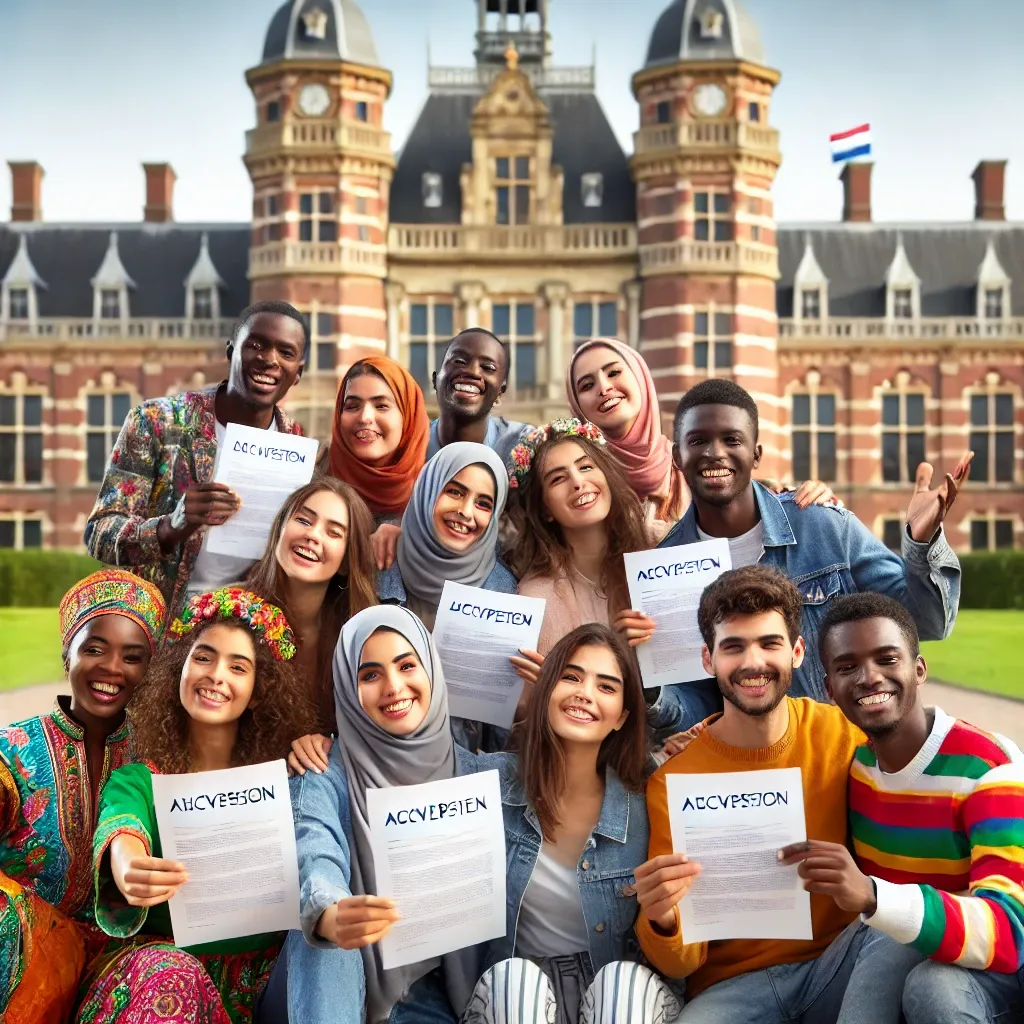Individual Fellowships (IF) are a great option if you are an experienced researcher looking to give your career a boost by working abroad. They offer exciting new learning opportunities and a chance to add some sparkle to your CV.
TYPES OF INDIVIDUAL FELLOWSHIPS
There are two types of Individual Fellowships:
- European Fellowships
- Global Fellowships
European Fellowships:
- are open to researchers moving within Europe, as well as those coming in from other parts of the world.
- can restart a research career after a break, such as parental leave.
- can help researchers coming back to Europe find a new position.
These Fellowships are held in the EU or associated countries and last for one to two years.
Global Fellowships
- fund positions outside Europe for researchers based in the EU or associated countries.
- last between two and three years.
- the researcher has to come back for one year to an organisation based in the EU or associated countries.
Both types of Fellowship can also include a secondment period of up to three or six months in another organisation in Europe.
WHO CAN APPLY?
This action is for experienced researchers from across the world.
Applicants need a doctoral degree or at least four years’ full-time research experience by the time of the call deadline.
WHAT CAN BE FUNDED?
All research areas can be funded. MSCA Fellows come from a wide variety of disciplines – from physics to linguistics, and from health-sciences to mathematical modelling.
WHAT THE FUNDING COVERS
The grant provides an allowance to cover living, travel and family costs. In addition, the EU contributes to the training, networking and research costs of the fellow, as well as to the management and indirect costs of the project. The grant is awarded to the host organisation, usually a university, research centre or a company in Europe.
HOW DO I APPLY?
You submit a research proposal, including your CV. The proposal is written jointly with your chosen host organisation(s).
Here you will find details of all active calls for Marie Skłodowska-Curie Actions. The information is linked directly to the EU’s Participant Portal, which provides all you need to start your application.
Advice and information can also be found through the National Contact Points and Research Enquiry Helpdesk.


Comments are closed.